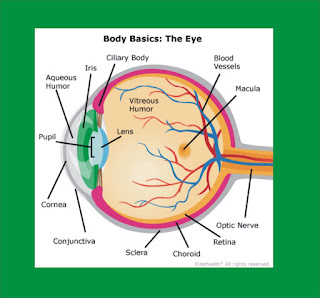Spectroscopy Definition /How Spectroscopy Works
Spectroscopy Definition
Spectroscopy is the examination of the cooperation among issue and any bit of the electromagnetic range. Customarily, spectroscopy included the noticeable range of light, however X-beam, gamma, and UV spectroscopy likewise are significant scientific methods. Spectroscopy can include any connection among light and matter, including retention, emanation, dispersing, and so forth.Information got from spectroscopy is normally displayed as a range (plural: spectra) that is a plot of the factor being estimated as a component of either recurrence or wavelength. Outflow spectra and ingestion spectra are basic models.
How Spectroscopy Works
At the point when a light emission radiation goes through an example, the photons communicate with the example. They might be retained, reflected, refracted, and so forth. Retained radiation influences the electrons and concoction bonds in an example. At times, the retained radiation prompts the emanation of lower-vitality photons.Spectroscopy takes a gander at how the occurrence radiation influences the example. Produced and consumed spectra can be utilized to pick up data about the material. Since the collaboration relies upon the wavelength of radiation, there are various sorts of spectroscopy.
Spectroscopy Versus Spectrometry
By and by, the terms spectroscopy and spectrometry are utilized conversely (with the exception of mass spectrometry), however the two words don't mean the very same thing. Spectroscopy originates from the Latin word specere, signifying "to take a gander at," and the Greek word skopia, signifying "to see." The consummation of spectrometry originates from the Greek word metria, signifying "to quantify." Spectroscopy considers the electromagnetic radiation created by a framework or the connection between the framework and light, normally in a nondestructive way. Spectrometry is the estimation of electromagnetic radiation to acquire data about a framework. As such, spectrometry can be viewed as a technique for examining spectra.Instances of spectrometry incorporate mass spectrometry, Rutherford dispersing spectrometry, particle portability spectrometry, and neutron triple-hub spectrometry. The spectra created by spectrometry aren't really power versus recurrence or wavelength. For instance, a mass spectrometry range plots power versus molecule mass.
Another normal term is spectrography, which alludes to strategies for trial spectroscopy. Both spectroscopy and spectrography allude to radiation power versus wavelength or recurrence.
Gadgets used to take otherworldly estimations incorporate spectrometers, spectrophotometers, unearthly analyzers, and spectrographs.




Comments
Post a Comment